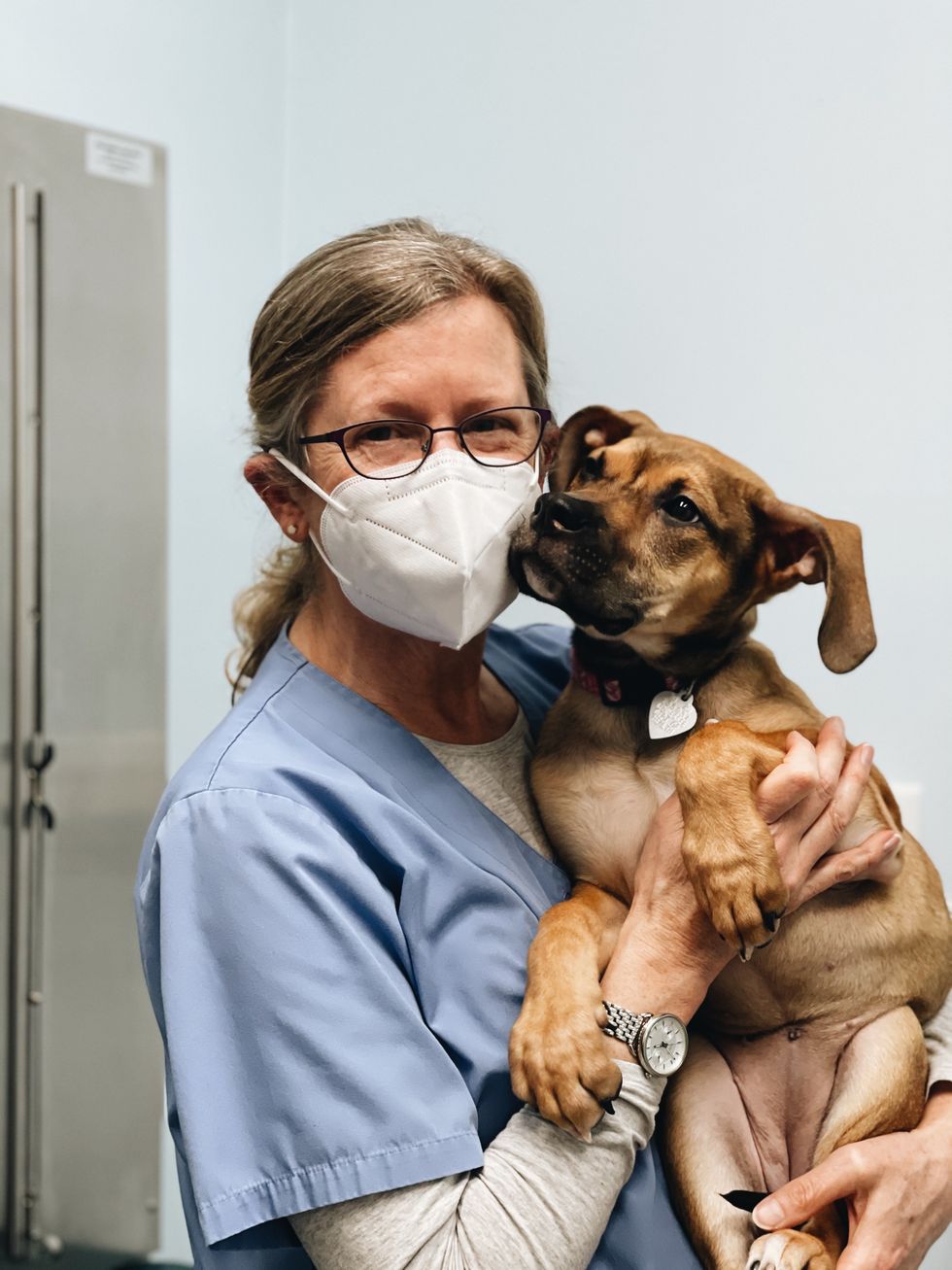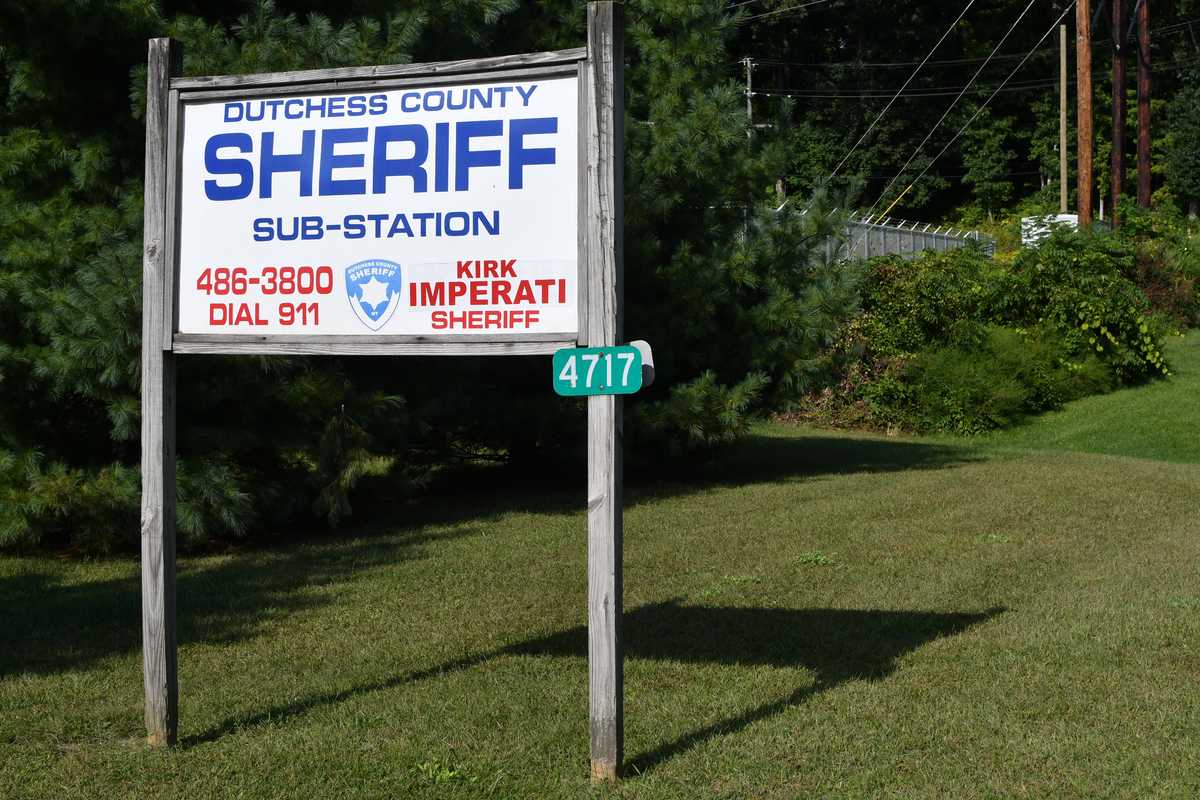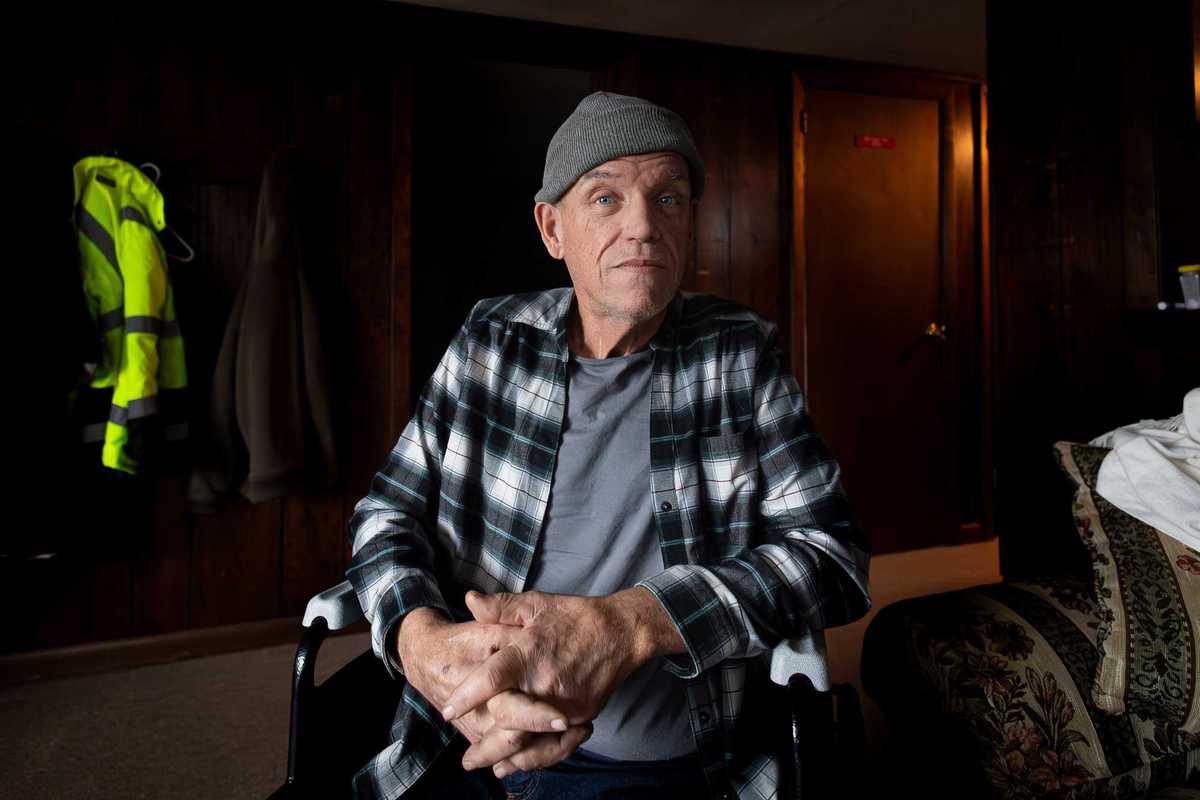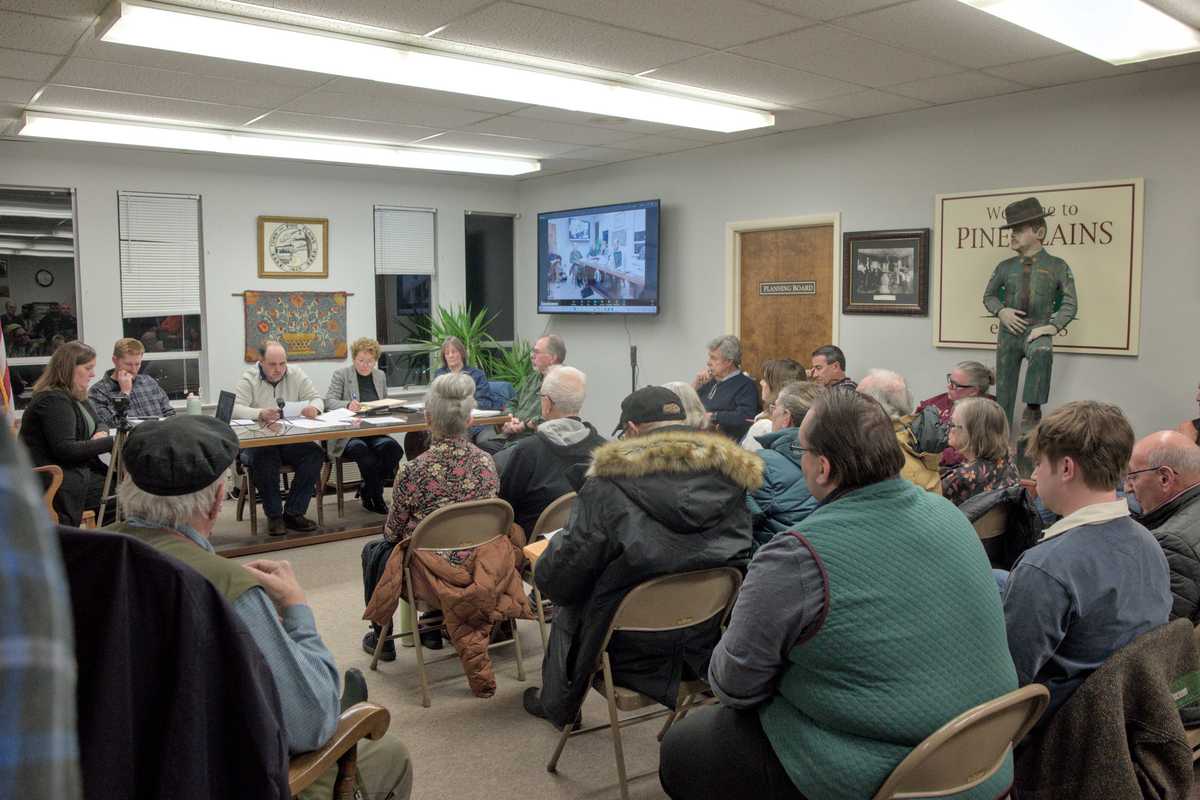Vet says tech can be a pet’s best friend

Dr. Carolyn Cannon, DVM, of the Millerton Veterinary Practice, with her patient, pup Sadie (whose owners are Candie and Eric Fredritz of nearby Sharon, Conn.), strongly encourages all pet owners to invest in the low-cost and safe microchipping process that tracks a pet’s identification and location if the pet gets lost. It can be the one thing that quickly and reliably reunites animal and owner with the least amount of headache and heartbreak. Photo submitted








 lakevillejournal.com
lakevillejournal.com 






 Visitors consider Norman Rockwell’s paintings on Civil Rights for Look Magazine, “New Kids in the Neighborhood” (1967) and “The Problem We All Live With” (1963.) L. Tomaino
Visitors consider Norman Rockwell’s paintings on Civil Rights for Look Magazine, “New Kids in the Neighborhood” (1967) and “The Problem We All Live With” (1963.) L. Tomaino

 Styling a tray can give a home or room a re-fresh.Kerri-Lee Mayland
Styling a tray can give a home or room a re-fresh.Kerri-Lee Mayland




